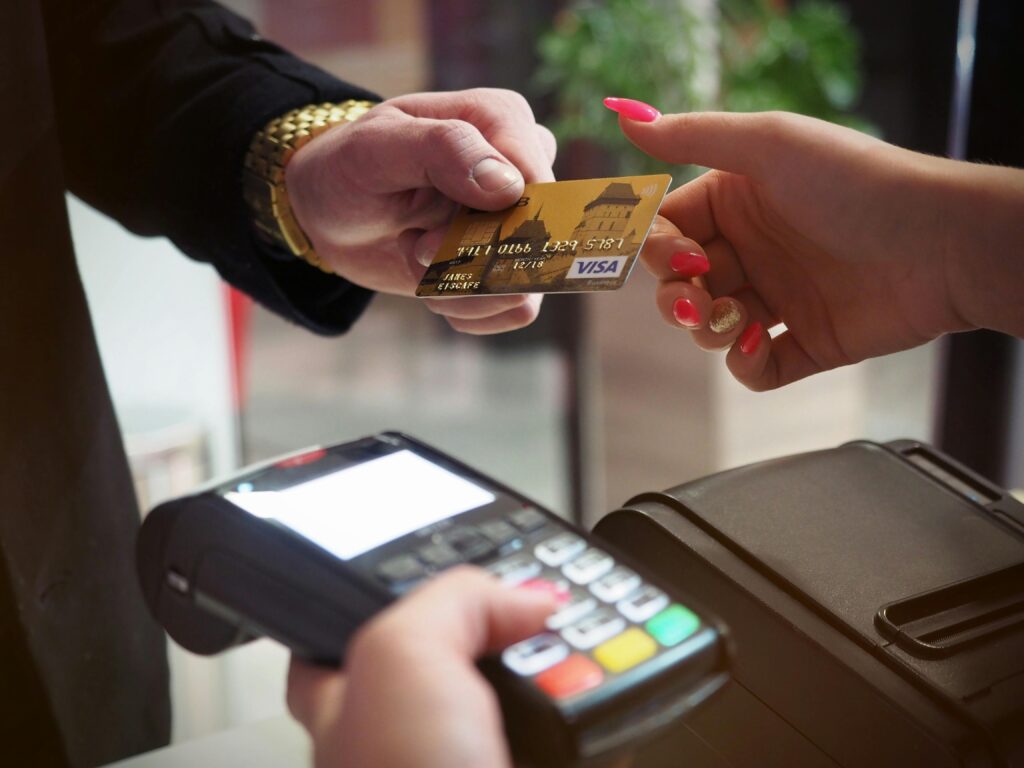The holiday season is magical, filled with joy, giving, and celebration. But when the festivities are over, many of us are left staring at empty wallets, maxed-out credit cards, and depleted savings accounts.

Holiday spending can put a strain on your finances, but with the right strategies, you can bounce back and start fresh. Here’s a comprehensive guide to help you rebuild your finances after the holidays.
1. Take a Financial Inventory
Before you can fix the damage, you need to know exactly where you stand. Take time to evaluate your finances:
- Review your credit card statements and bank accounts to assess how much you spent.
- Calculate your total outstanding debt, including interest rates.
- Check your savings balance and identify any shortfalls.

This step may feel overwhelming, but facing the numbers head-on is the first step to regaining control.
2. Set Clear Financial Goals
Once you’ve assessed your situation, set short-term and long-term financial goals. Examples include:
- Paying off holiday debt within three to six months.
- Building an emergency fund if it was depleted.
- Creating a buffer for next year’s holiday spending.

Setting measurable and realistic goals gives you a clear path forward and helps you stay motivated.
3. Create a Post-Holiday Budget
Your budget is your most powerful tool for financial recovery. Adjust it to reflect your priorities, focusing on necessities and debt repayment. Here’s how to craft a budget that works:
- List Fixed Expenses: Include rent, utilities, insurance, and other essential costs.
- Account for Variable Costs: Budget for groceries, transportation, and entertainment, but aim to minimize discretionary spending.
- Add Debt Repayment: Allocate a portion of your income to pay down holiday-related debt as quickly as possible.
- Save What You Can: Even small contributions to your savings account can add up over time.

4. Prioritize Debt Repayment
If holiday spending left you with credit card debt, paying it off should be a top priority. Focus on high-interest debt first, as it costs you the most over time. Two effective repayment strategies are:
- Debt Snowball Method: Pay off your smallest debt first while making minimum payments on others. This creates a sense of accomplishment that motivates you to keep going.
- Debt Avalanche Method: Tackle the debt with the highest interest rate first. This saves you the most money overall.

Whichever method you choose, stay consistent and resist the urge to take on new debt.
5. Trim Unnecessary Expenses
Cutting back on non-essential spending can free up cash for debt repayment and savings. Consider the following:
- Skip dining out and cook at home instead.
- Cancel or pause unused subscriptions.
- Avoid impulse purchases by sticking to a shopping list.
- Opt for free or low-cost entertainment options, such as hiking or borrowing books from the library.

These small sacrifices can have a big impact on your financial health.
6. Earn Extra Income
Boosting your income is an excellent way to recover from holiday spending more quickly. Here are a few ideas:
- Take on a part-time job or side hustle, such as freelance writing, pet sitting, or tutoring.
- Sell items you no longer need, like clothing, electronics, or furniture, on platforms like eBay or Facebook Marketplace.
- Offer services like babysitting, lawn care, or house cleaning in your local community.

Even a temporary increase in income can help you pay off debt and rebuild your savings faster.
7. Start a No-Spend Challenge
A no-spend challenge can help you reset your financial habits and save money. Commit to only spending on necessities for a set period, such as one week or a month.

Use this time to get creative with what you already have, like cooking meals from your pantry or finding free activities in your area.
8. Build a Savings Plan for Next Year
Prevent future financial stress by preparing for next year’s holiday season now. Start a holiday savings fund and contribute to it regularly. Here’s how to make it happen:
- Open a separate savings account specifically for holiday expenses. Check out NerdWallet for tips.
- Automate your savings by setting up a recurring transfer from your checking account.
- Save small amounts consistently—for example, $10 or $20 per paycheck.

By spreading out your holiday savings throughout the year, you’ll avoid relying on credit cards when the season rolls around again.
9. Reflect on Your Holiday Spending Habits
Take time to evaluate how you spent money during the holidays. Were there areas where you went overboard? Could you simplify your celebrations next year?

Use what you’ve learned to create a more sustainable holiday budget in the future.
10. Practice Self-Care and Patience
Forgive yourself for any financial mistakes you may have made. Financial recovery doesn’t happen overnight, so be kind to yourself during the process. Celebrate small wins, such as paying off a credit card or sticking to your budget for a month. Practicing mindfulness, meditation, or journaling can also help you stay focused and positive.

If you find that are struggling with the anxiety and regret that can sometimes accompany financial difficulties, check out our self-care guide, and please be kind to yourself.
The Truth About Self-Care: A Guide to Putting Yourself First

Start Fresh with Confidence
Rebuilding your finances after the holidays may feel daunting, but it’s entirely achievable with the right approach. By taking inventory, setting goals, budgeting wisely, and staying disciplined, you’ll not only recover but also set yourself up for financial success in the future.

If you want more tips on budgeting, saving, or practicing self-care during stressful times, explore our other resources for building a brighter financial future. Let’s make this year your best one yet!

Leave a Reply